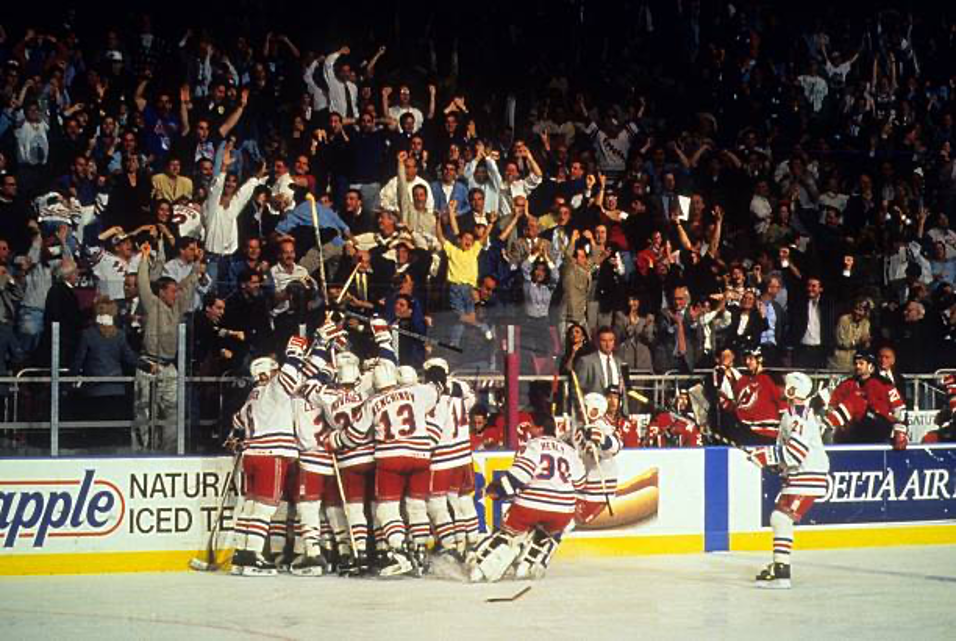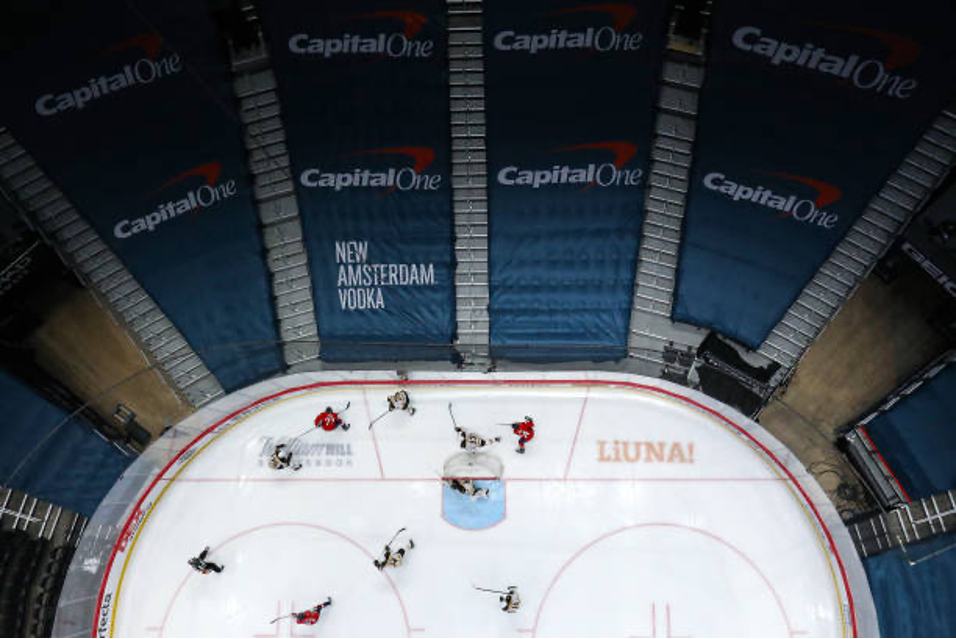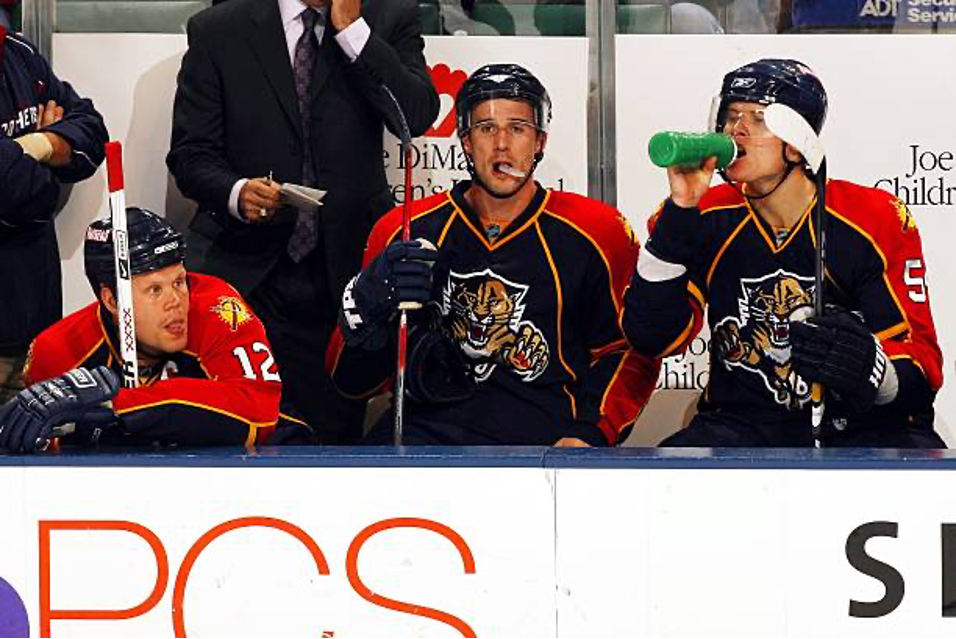Every NHL season is a string of brutal challenges and dramatic showdowns intended to determine the strongest on the planet. But how long does it last, and how many games exactly are there? Here’s a complete explanation of the National Hockey League’s schedule.
Overview of the NHL Regular Season Structure
After warming up in the preseason, 32 North American teams enter the regular competition.
History of NHL Season Length
For over 100 years, the NHL has run varying numbers of games, starting with only 20 of them in 1917. The number grew as the league expanded, going through the following key stages:
- In 1925, 30 to 36 games were played by a maximum of 8 teams.
- From 1942 to 1967, the Original Six era raised the count to 70 games.
- With many teams added, 80 games were run from 1974 to the early 1990s.
- A record-high 84 games were played within two years, from 1992 to 1994.

Standard Regular Season Format
Today, each NHL team plays a total of 82 games during the regular season, half at home, half away. This format allows every squad to meet each other at least twice, both as a host and a visitor. Teams take the ice within their divisions and outside their divisions and conferences.
| Divisional games | Non-divisional or conference games | Inter-conference games | Total games |
| 26 | 24 | 32 | 82 |
Special Circumstances That Affect Season Length
Throughout its history, the NHL has experienced both expansion and periods of shrinking. In fact, the reduction in matchups from 84 in 1994 to the current 82 was due to a lockout in 1995.
Lockouts and Season Reductions
Two more infamous lockouts occurred in the 2000s, cancelling the 2004-2005 NHL season and cutting the 2012-2013 season to 48 games. The shutdowns resulted in multimillion-dollar losses for the teams, players, and businesses and robbed fans of their much-loved entertainment.
Impact of COVID-19 on Recent NHL Seasons
The COVID-19 pandemic forced the league to adapt and make changes to its regular schedule. As a result, the 2019-2020 and 2020-2021 seasons underwent suspensions and event reductions, as well as limited attendance, with some matchups occurring behind closed doors.

How the NHL Playoffs Extend the Season
When the regular season is over, everyone’s attention is locked on the Stanley Cup playoffs. The best 8 teams from each conference qualify for the postseason, making a total of 16.
Playoff Structure and Rounds
The NHL playoffs include four rounds of head-to-heads in a best-of-seven format. If one team wins four games out of seven, it wins the best-of-seven series and makes it to the next round. To reach the final round and lift the Stanley Cup, a team must win 16 games, four in each round.
Potential Maximum Games for a Playoff Team
Overall, an NHL team could play 110 games, 82 within the regular season and up to 28 in the playoffs. However, this is a rare case; commonly, there are between 16 and 24 playoff games.
Factors Influencing the NHL Schedule
The start date, as well as the entire NHL schedule, are not hard and fast, and the league does thorough work before coming up with its event calendar for every new season.
Balancing Travel and Rest
To map out an optimal plan, the NHL staff collects feedback from each of the 32 teams and conducts in-depth analyses. The result is a balanced schedule, with minimised back-to-backs and well-scheduled road games, allowing the teams to have enough rest and regain strength.

Rivalries and Key Matchups
The fiercest competition is always geographically driven. Therefore, the NHL places a special focus on divisional games, whose count is 26 in the regular season. Divisional contests bring together local rivals who often fight tooth and nail and attract hordes of excited fans.
Key Dates in the NHL Season
Even though the National Hockey League’s schedule is subject to change and even possibly last-minute tweaks, there are still conventional times to start and end the season.
Season Start and End Dates
Traditionally, the NHL regular season begins in early October after the preseason games have been played and comes to an end at the beginning or in the middle of April. In case of extraordinary circumstances, the dates can be shifted earlier or later.
Key Milestones and Events
In addition to the regular season matchups, there are marquee events on the NHL calendar, signifying important milestones in the league’s history. Here is what and when they are.
| Event | Current date |
| The Winter Classic | January 1 |
| The All-Star Game | The first Saturday of February |
| Trade deadline | March 8 |
Now that you know the ins and outs of the NHL season, you might want to try your hand at predicting the games and capitalising on your picks. The best destination to bet at a profit on the league’s events and other hockey competitions is at https://india.1xbet.com/line/ice-hockey .
Lynn Martelli is an editor at Readability. She received her MFA in Creative Writing from Antioch University and has worked as an editor for over 10 years. Lynn has edited a wide variety of books, including fiction, non-fiction, memoirs, and more. In her free time, Lynn enjoys reading, writing, and spending time with her family and friends.















